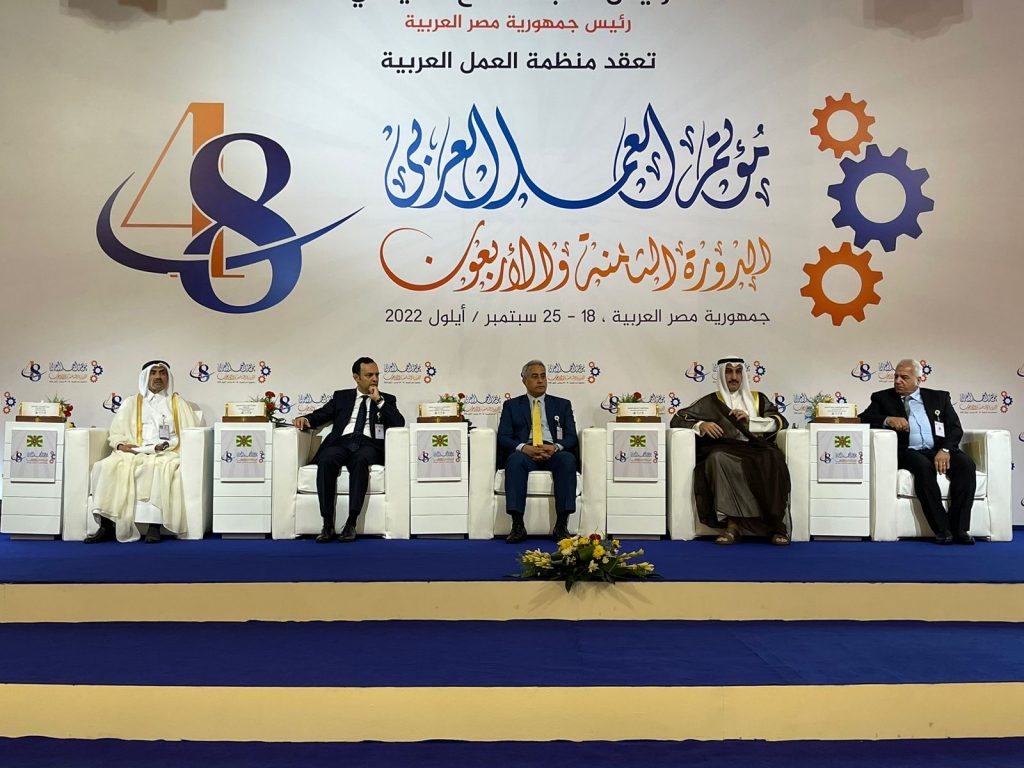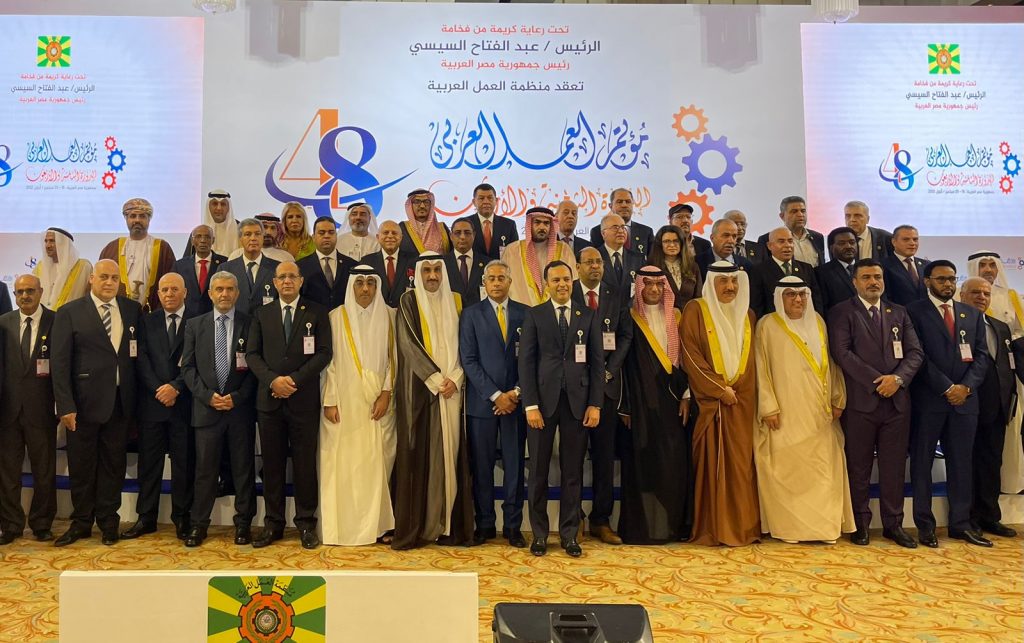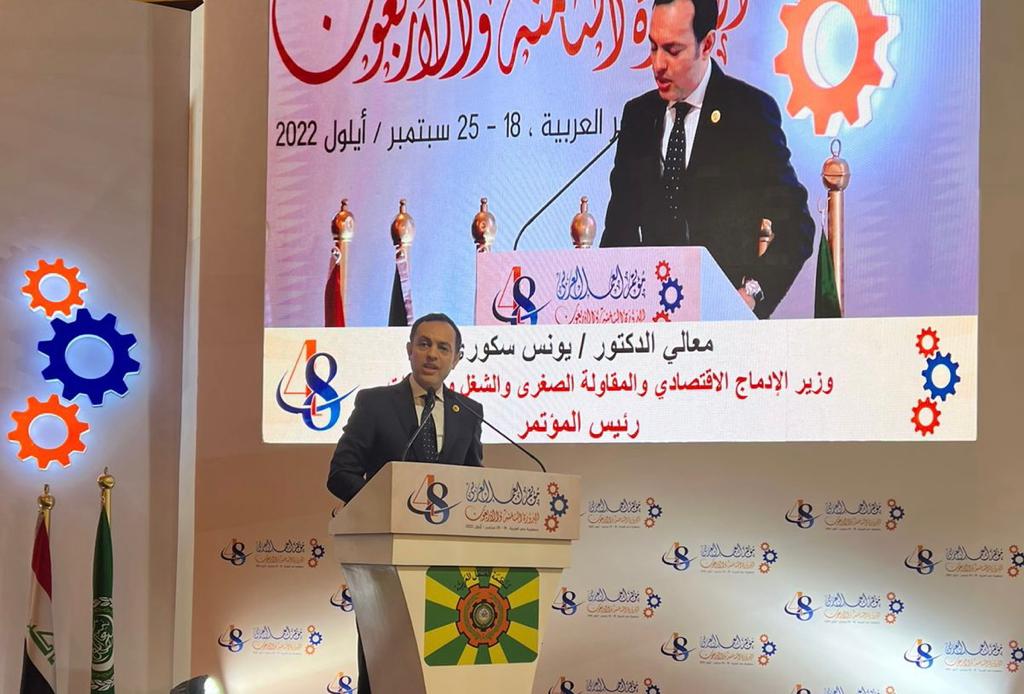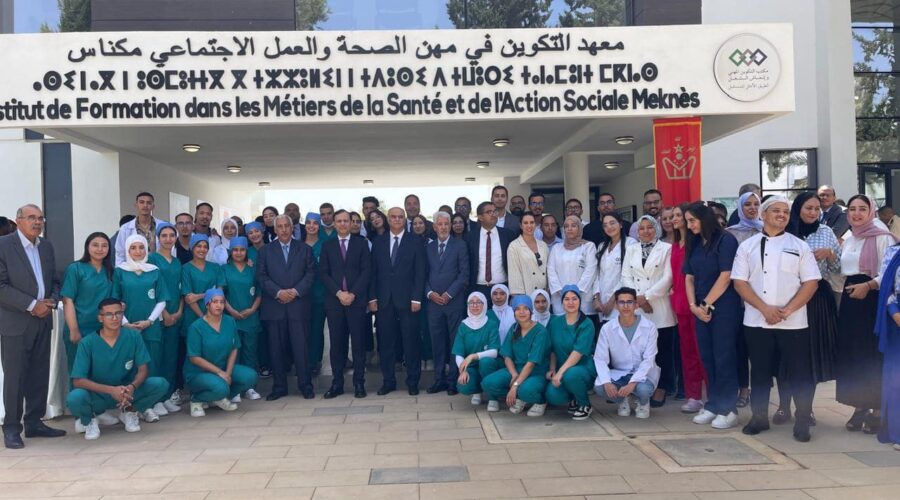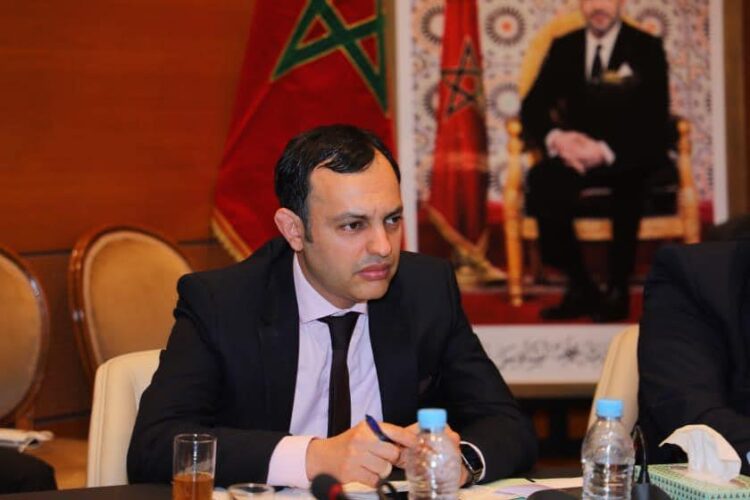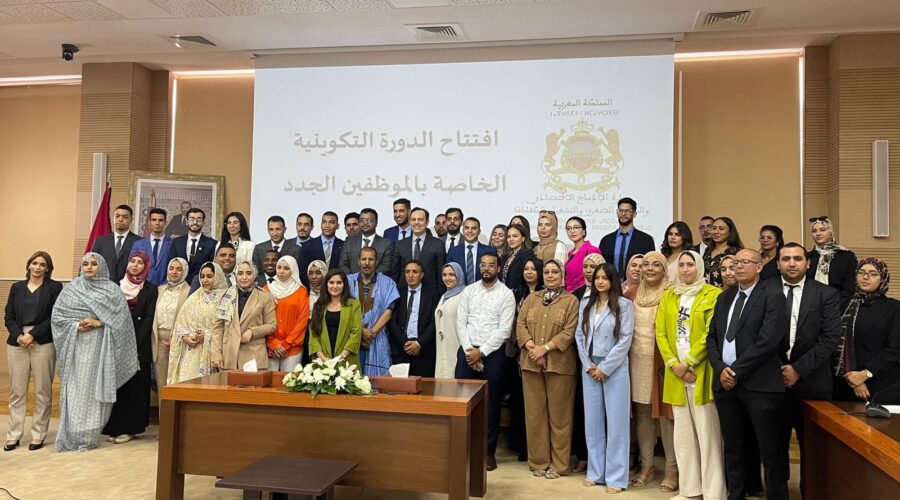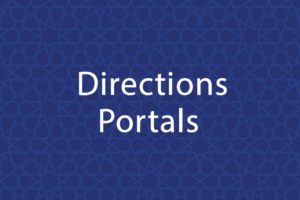Morocco is moving forward on the path of consolidating the societal project led by King Mohammed VI, through the new development model, the Minister of Economic Inclusion, Small Business, Employment and Skills said on Sunday, M.Younes Sekkouri, President of the 48th session of the Arab Labor Conference.
Speaking in Cairo, at the opening of this meeting, with the participation of ministers, representatives of employers’ organizations and trade unions from 21 Arab countries, the General Secretariat of the League of Arab States, Arab and international organizations, in addition to ambassadors and eminent personalities, M.Younes Sekkouri declared that this development model, which constitutes a new stage in the consolidation of the Kingdom’s societal project, is “a participatory model which places digital transformation at the heart of its objectives”.
He added that the project of the generalization of social protection has made significant progress, particularly in the aspect related to health coverage, since 22 implementing decrees have emerged, paving the way for compulsory health insurance. (AMO) for the benefit of self-employed workers and their dependents, while efforts are being made to accelerate the generalization of AMO for current beneficiaries of the medical assistance scheme (RAMED) before the end of 2022.
to keep pace with these major projects, Morocco has chosen, as part of the 2021-2026 roadmap, a proactive policy aimed at accelerating digital transformation as a real lever for change and development, said the minister, specifying that “this choice is reflected in the very structure of the government, which includes a ministry dedicated to the digital transition and the reform of the administration, given that these two major projects are the cornerstone of any reform”.
M.Younes Sekkouri also affirmed that Morocco remained fully convinced that the participatory approach was the ideal way for an optimal implementation of social policy, which materialized in the last round of social dialogue, which resulted in the signing of a historic social agreement, guaranteeing significant gains to Moroccan workers in the public and private sectors.
The Kingdom has also provided itself with a national charter to institutionalize and consolidate the Moroccan model of social dialogue, based on foundations and structuring principles, with a vision and clear choices in aspects related to mechanisms and methodology, while by ensuring the regularity of the dialogue according to a controlled periodicity and by establishing mechanisms for concluding agreements, the Minister maintained.
He also indicated that in order to develop the principles of partnership and contractualisation, employers are supported and encouraged to adopt the method of collective bargaining, stressing that these achievements were obtained thanks to the convergence of the will of the government and the social and economic partners.
M.Younes Sekkouri further argued that the ongoing Arab Labor Conference represents an important opportunity for consultation and dialogue between the three production parties to explore future prospects about labor issues in the Arab world, in light of the rapid changes that the world of work is experiencing due to the unprecedented development of advanced technologies and artificial intelligence.
This session is being held in a difficult Arab, regional and international context, marked by successive crises which represent major challenges, particularly with regard to economic growth and the rise in the inflation rate, he continued.
In addition to M.Younes Sekkouri, Morocco is represented at this session, the work of which is due to continue until September 25, by M.Ahmed Tazi, Ambassador of Morocco to Egypt, Permanent Representative of the Kingdom to the League of Arab States, as well as by representatives of relevant government departments, employers and workers.
Participants in this session will examine several themes, including the Director-General’s report on the digital economy and employment issues, the report on the activities and achievements of the Arab Labor Organization for the year 2021, the decisions and recommendations of the Board of Directors, the monitoring of the implementation of the decisions of the 47e session of the Arab Labor Conference.
The conference also includes the study of the implementation of Arab labor agreements and recommendations, the circular of the director general of the Arab Labor Bureau on the 110e session of the International Labor Conference, the formation of a committee of legal experts (2022-2025), artificial intelligence and new ways of working, as well as the digitization and management of social protection systems.
The 48e session of the Arab Labor Conference will also be marked by the organization of a ceremony marking the 55e anniversary of the founding of the Arab Labor Organization (1965-2020), as well as a tribute to the Arab pioneers of labor and employment, in recognition of their efforts in the service of workers in the Arab world.

